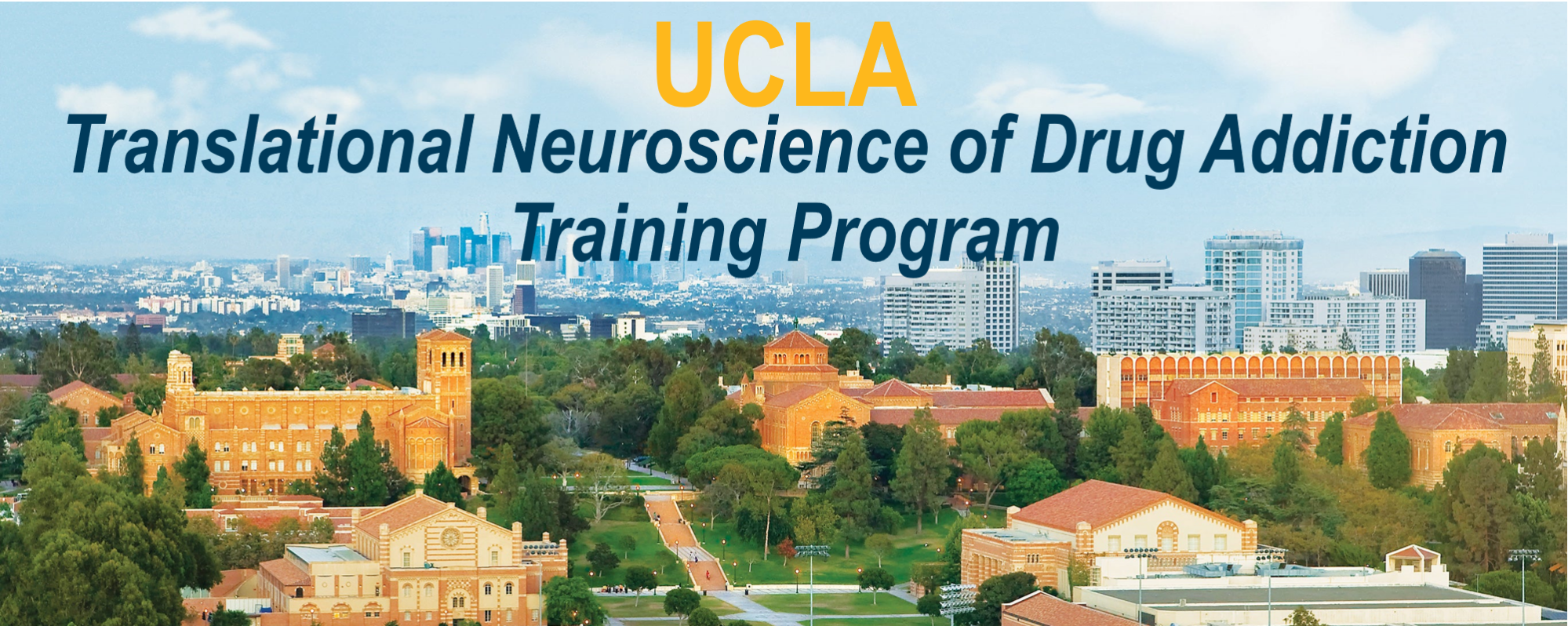While the program respects the rights of individual mentors to advise their trainees in a manner that they feel contributes best to the trainee’s progress, the program has expectations of mentors that will be the basis of review of privileges for mentoring TNDA trainees. These include:
- Engaging in strong mentoring practices and yearly training.
- Preparing a mentoring plan individualized to the trainee.
- Submit training progress updates every six months.
- Meet weekly with the fellow to provide training, research guidance, and professional mentoring.
- Assure that fellows are co-authors on conference abstracts and peer-reviewed publications that result from the training relationship. Promoting each trainee’s scientific contributions is critical.
- Actively advance trainee careers by ensuring high-quality research, facilitating networking, mentoring career development as scaffolded by the trainee’s individual development plan, and promoting trainees by nominating them for presentations, awards, and career opportunities.
- Help trainees prepare and submit of applications for future funding (e.g., NRSA, K99/R00).
- Consult with the TNDA directors if they have concerns about the progress of the trainee.
- Ensure that trainees participate in the TNDA curriculum, structuring research and training to accommodate.
- Active in all aspects of the TNDA curriculum. This includes lecturing in core courses, participating in the TNDA Seminar by attending regularly and providing a yearly “teaching talk” on an area of research (e.g., non-human animal models of aspects of addiction), method (e.g., optogenetics), and/or a key area of professional development (e.g., giving a job talk), and participating in the annual program retreat.
Before your trainee starts in the program, please download and fill out this onboarding mentor compact and training plan:
